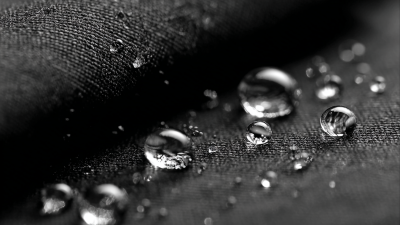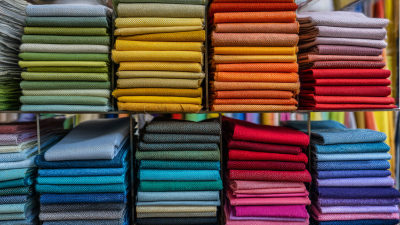- +86 13957580925
- 510515850@qq.com
- adela0928@163.com
In the world of fashion and interior design, selecting the appropriate polyester textile is crucial for the success of any project. According to a report by the Textile World, polyester is the most widely used fiber globally, accounting for approximately 52% of all fiber consumption in 2020. Its popularity can be attributed to its durability, resistance to wrinkles, and affordability, making it a preferred choice for fashion designers, furniture manufacturers, and textile engineers alike.
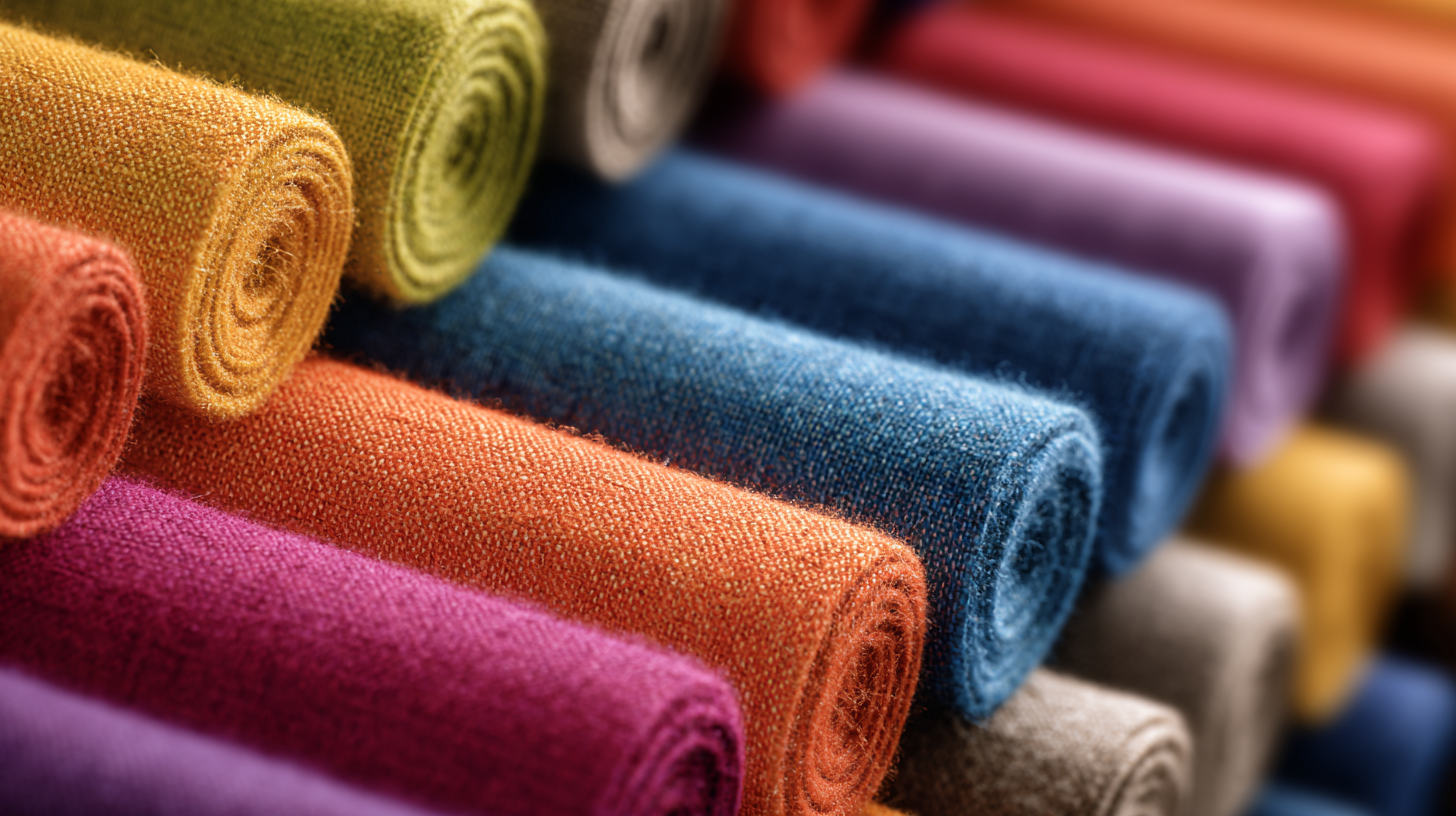
However, not all polyester textiles are created equal; they vary significantly in terms of texture, weight, and sustainability. With increasing consumer demand for eco-friendly materials, understanding the different types of polyester textiles and their applications becomes essential in making informed decisions. This guide aims to equip you with the knowledge needed to choose the right polyester textile for your next project, ensuring you achieve both aesthetic appeal and functional performance.
When selecting polyester textiles for your project, it's essential to understand the variety of polyester fabrics available and their specific uses. Polyester is a versatile synthetic material that can be woven or knitted into several different forms, each suited for particular applications. For instance, brushed polyester offers a soft, fleece-like texture, making it an excellent choice for cozy garments, blankets, and upholstery. On the other hand, smooth polyester, often used in sportswear and outdoor gear, provides moisture-wicking properties that help keep the wearer dry and comfortable during physical activities.
Additionally, consider the durability and environmental considerations of polyester fabrics. Some variants, like recycled polyester, not only offer the same resilience but also contribute to sustainability by repurposing plastic waste. Furthermore, textured and printed polyester options can elevate the aesthetic appeal of your projects, adding visual interest and enhancing functionality. By understanding these different types of polyester fabrics and their unique characteristics, you can make an informed decision that aligns with the needs of your specific project, ensuring optimal performance and style.
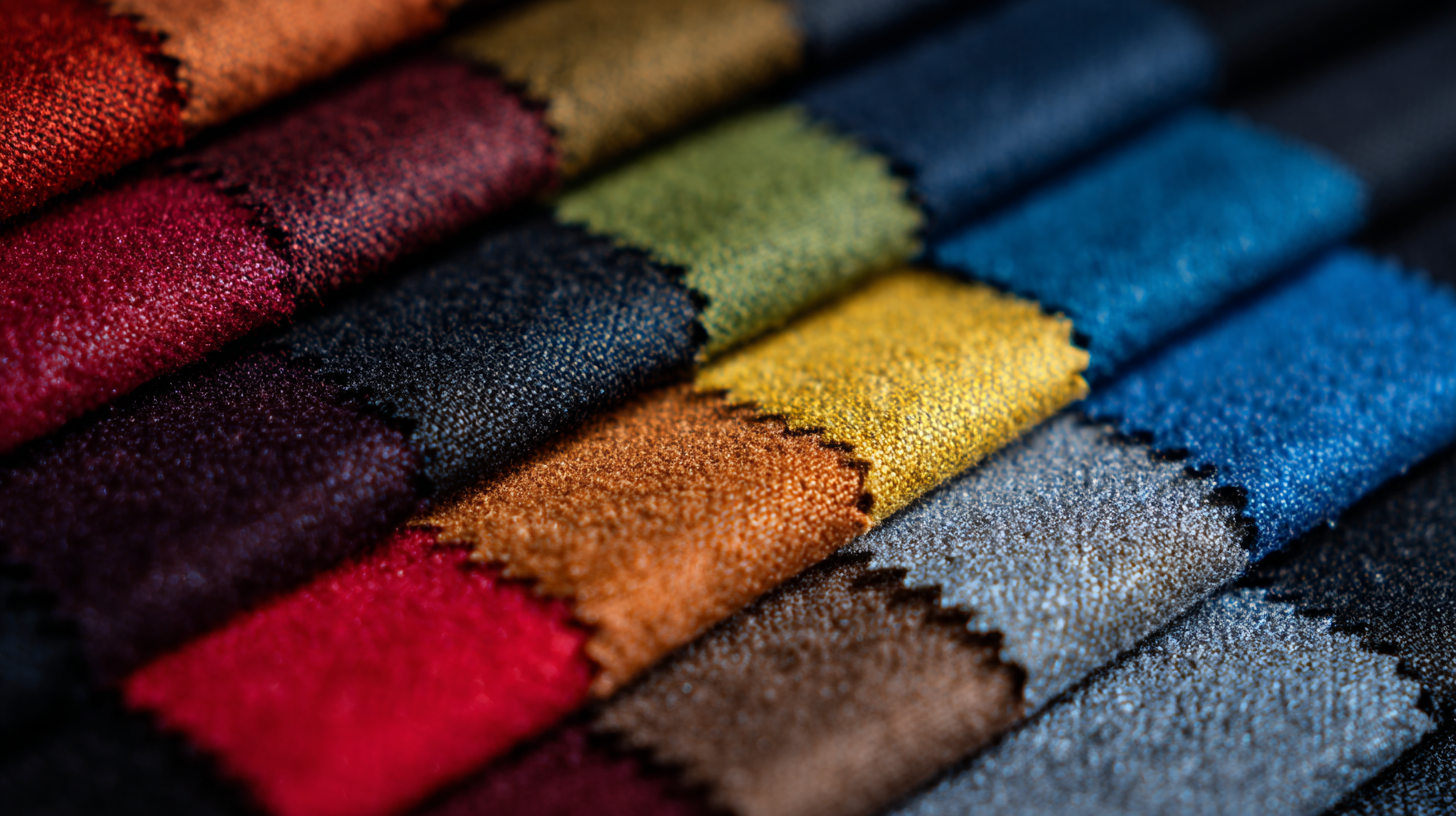 When selecting the right polyester textile for your project, evaluating fabric weight and durability is crucial. The weight of a fabric is typically measured in grams per square meter (GSM) and can greatly affect its suitability for different applications. Heavier fabrics, such as those over 300 GSM, are ideal for durable items like upholstery or outerwear, while lightweight polyester (around 150-200 GSM) is better suited for linings or summer garments. Understanding the weight will help you anticipate the fabric's behavior in use and its overall longevity.
When selecting the right polyester textile for your project, evaluating fabric weight and durability is crucial. The weight of a fabric is typically measured in grams per square meter (GSM) and can greatly affect its suitability for different applications. Heavier fabrics, such as those over 300 GSM, are ideal for durable items like upholstery or outerwear, while lightweight polyester (around 150-200 GSM) is better suited for linings or summer garments. Understanding the weight will help you anticipate the fabric's behavior in use and its overall longevity.
Tips: When assessing fabric weight, consider the end use of your project. If you're making activewear, look for lightweight and moisture-wicking polyester. On the other hand, if you're tackling a project that requires resilience, such as bags or outdoor gear, opt for a heavier, more robust fabric.
Durability is another key factor. Not all polyester fabrics are created equal; their resistance to wear and tear can vary significantly. A fabric that has undergone specialized treatments, like UV resistance or water repellency, will enhance your project's longevity.
Tips: Always check the manufacturer's specifications for durability ratings and consider testing the fabric in your specific environment. For high-stress applications, fabrics with reinforced stitching or additional coatings are worth considering, as they provide extra protection against damage.
When it comes to selecting the right polyester blend for your next project, understanding the specific performance characteristics of different blends is essential. Polyester fabrics are often combined with various fibers like spandex, cotton, or nylon to enhance their properties. For instance, a polyester-spandex blend increases elasticity and comfort, making it ideal for activewear that needs to move with the body. Meanwhile, polyester-cotton blends offer breathability and softness, perfect for casual clothing and everyday use.
Innovations in polyester blends have opened up new avenues for performance textiles. Recent advancements focus on moisture-wicking capabilities and odor control, which are critical for base layers and athletic gear. By examining the latest options in polyester blends, you can ensure your fabric choice aligns with the needs of your project, whether it's for hiking, running, or everyday wear. Selecting the right blend can significantly enhance user experience, providing comfort and functionality for various activities.
When selecting polyester textiles for your next project, it’s essential to consider environmental factors in addition to performance and cost. The polyester fiber market is projected to grow significantly, which might lead to increased production and environmental concerns. Choosing recycled polyester or sustainably sourced materials can help minimize the ecological footprint of your project.
Tips: Look for textiles that are certified by recognized environmental standards to ensure that your material choices are eco-friendly. Additionally, consider the lifecycle of the product—selecting textiles that are durable and have a longer lifespan can reduce waste over time.
As the market for polyester continues to expand, innovations in sustainable practices are emerging. Opting for textiles that use less water and energy in their production can contribute positively to the environment. Moreover, understanding the composition of the polyester, such as whether it is made from virgin or recycled materials, can help make a more informed choice that balances functionality with environmental responsibility.
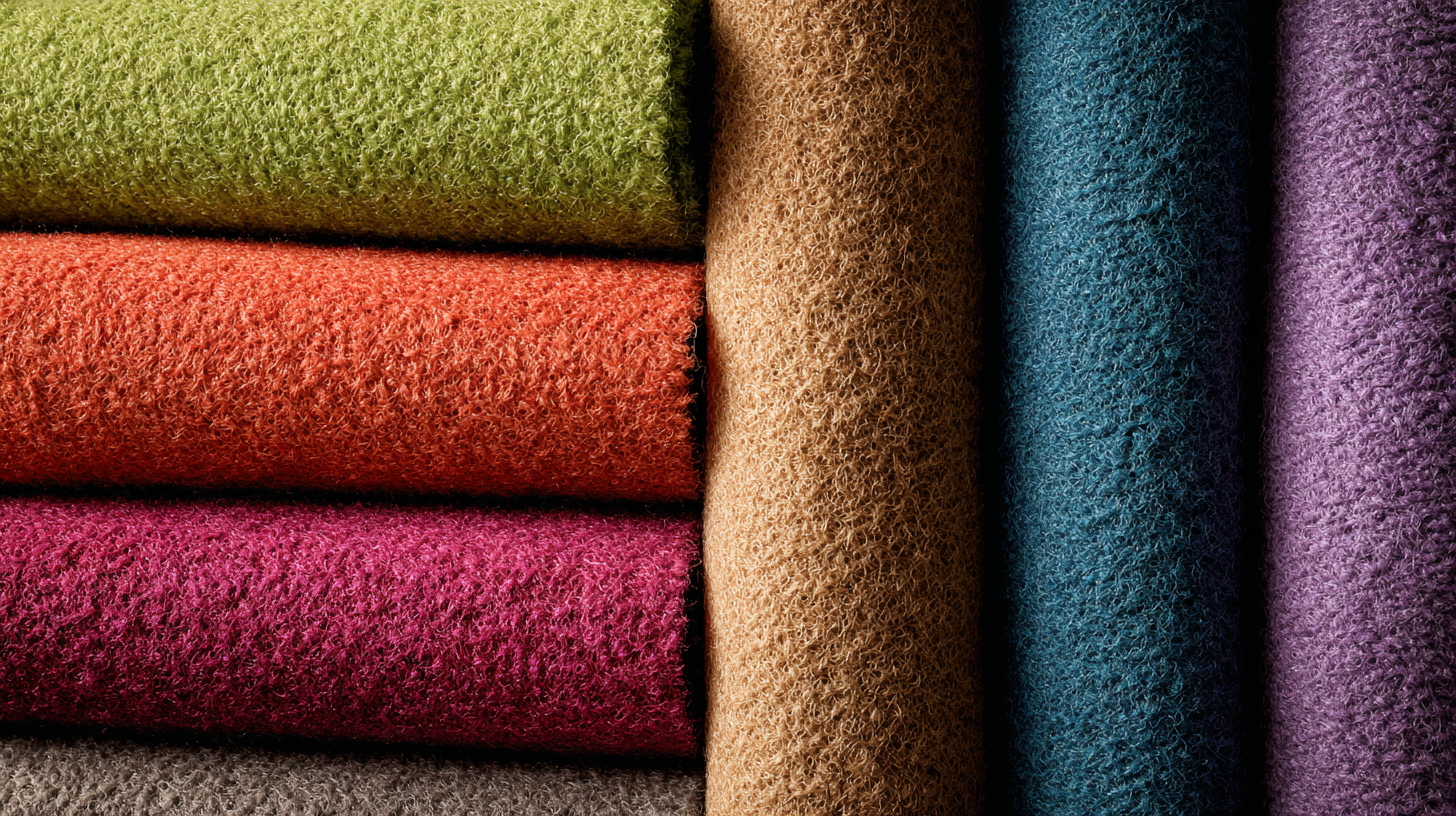
When selecting the right polyester textile for your next project, it's essential to understand the balance between cost and longevity. According to a recent report from the Textile World Association, high-quality polyester fabrics can cost up to 30% more than lower-grade options. However, investing in superior materials often leads to longer-lasting products that withstand wear and tear much better. The same report highlights that while cheaper polyester may save money upfront, it typically has a lifespan that is 30% shorter, leading to more frequent replacements and higher costs over time.
Furthermore, the durability of polyester is influenced by its denier rating. Higher denier factors indicate thicker, more robust fibers, resulting in fabrics that resist fraying and fading. A study by the American Institute for Fabric Research found that polyester textiles with a denier above 300 could last anywhere from 5 to 10 years with proper care, while lower denier fabrics often degrade in less than 3 years. Thus, when budgeting for your project, prioritizing quality over initial cost can make a significant difference in both performance and value over the life of the fabric.
| Fabric Type | Cost per Yard | Durability Rating (Years) | Best Uses | Care Instructions |
|---|---|---|---|---|
| Polyester Plain Weave | $4.50 | 5-7 | Shirts, Linings | Machine Washable |
| Polyester Fleece | $8.00 | 6-8 | Jackets, Blankets | Machine Washable |
| Polyester Satin | $10.00 | 4-6 | Evening Wear, Linings | Dry Clean Recommended |
| Polyester Mesh | $5.50 | 5-10 | Sportswear, Activewear | Machine Washable |
| Polyester Taffeta | $6.00 | 5-7 | Lining, Outerwear | Machine Washable |

